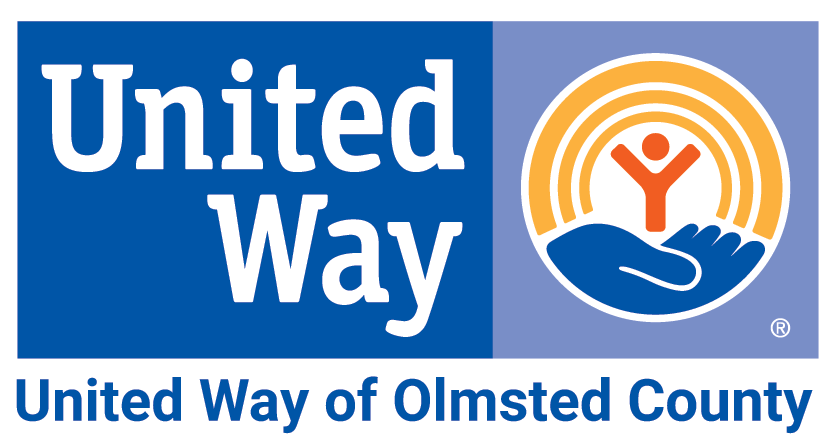.png)
Friday, January 21
“Fear of dying is human. Fear of aging is cultural." - Ashton Applewhite |
Age is a form of prejudice that receives too little attention.
In 1969, Robert N. Butler, M.D., coined the term “ageism”. In that time of recent history, racism and social class discrimination were both at least familiar concepts to many Americans. Butler explained, “we may soon have to consider very seriously a form of bigotry we now tend to overlook: age discrimination or age-ism, prejudice by one age group toward other age groups.”
Even in 1969, ageism was identified as a serious national problem. There was apparent prejudice of the young population against the older population and vice versa. In response to this revelation, various “anti-ageism programs” appeared. Excitingly, many of these intentional anti-ageism initiatives are proving to be successful.
Today, one out of two people in the world is believed to hold ageist attitudes.
In 2016, The World Health Organization made defining ageism and identifying ways to combat it a priority. Ageism against younger people manifests across many areas, such as employment, health, housing, and politics, where younger people’s voices are often denied or dismissed. Ageism against older people is associated with poorer physical and mental health, increased social isolation and loneliness, greater financial insecurity, decreased quality of life, and premature death.
The response to control the COVID-19 pandemic has also unveiled just how widespread ageism is.
Older and younger people have been stereotyped in public discourse and on social media. In some contexts, age has been used as the sole criterion for access to medical care, lifesaving therapies, and for physical isolation. A recent review showed that age determined who received certain medical procedures or treatments 85 percent of the time. (World Health Organization)
Educational activities that increase empathy and reveal harmful misconceptions can help decrease ageism. Take the first step in today's challenge below!
Today's Challenge: Do one or more of the following...
OPTION 1: Listen to the Rochester Rundown episode “Local youth are turning protests into action with the Rochester Community Initiative” (6:38) hosted by MedCity Beat. RCI’s work revolves around advocating for youth representation and uplifting marginalized voices. In recent months, their outreach has expanded into RPS classrooms beyond their own.
OPTION 2: It's not the passage of time that makes it so hard to get older. It's ageism, a prejudice that pits us against our future selves -- and each other. Watch Let’s end ageism, a Ted Talk (11:28) by Ashton Applewhite.
OPTION 3: Take a look at this visual representation of ageism at the intrapersonal, interpersonal, and institutional levels. Dig deeper by reading the full study from April 2020 titled "Determinants of Ageism against Older Adults: A Systematic Review".
OPTION 4: Watch United Way of Olmsted County’s “Partners & Pastries” interview with Elder Network (25:01) to learn about additional challenges faced by seniors during COVID-19 and how Elder Network is supporting community members “aged 55 and better”.
OPTION 5: Have questions about the content you are engaging with during the Challenge? Want to connect with others and reflect on our shared experiences? Join United Way via Zoom for Community Conversation #2 (Monday, January 31 from noon-1:00 p.m.). Follow the link to learn more and RSVP your attendance. Space is limited!
